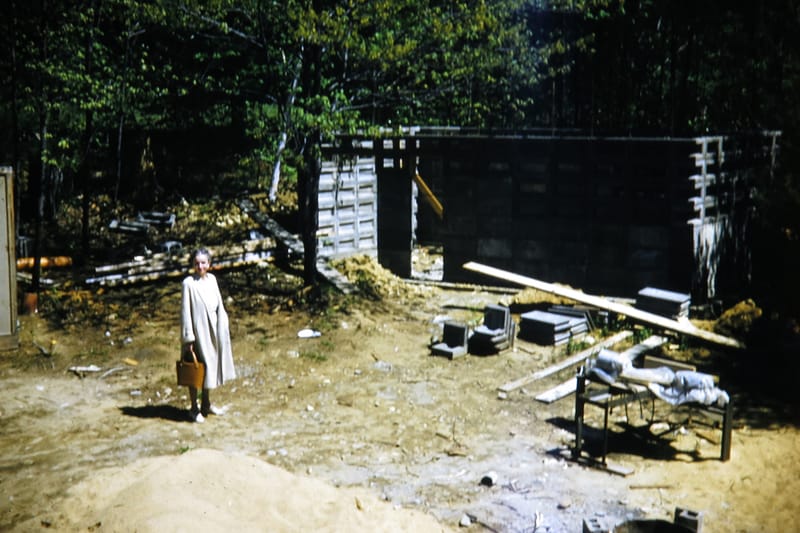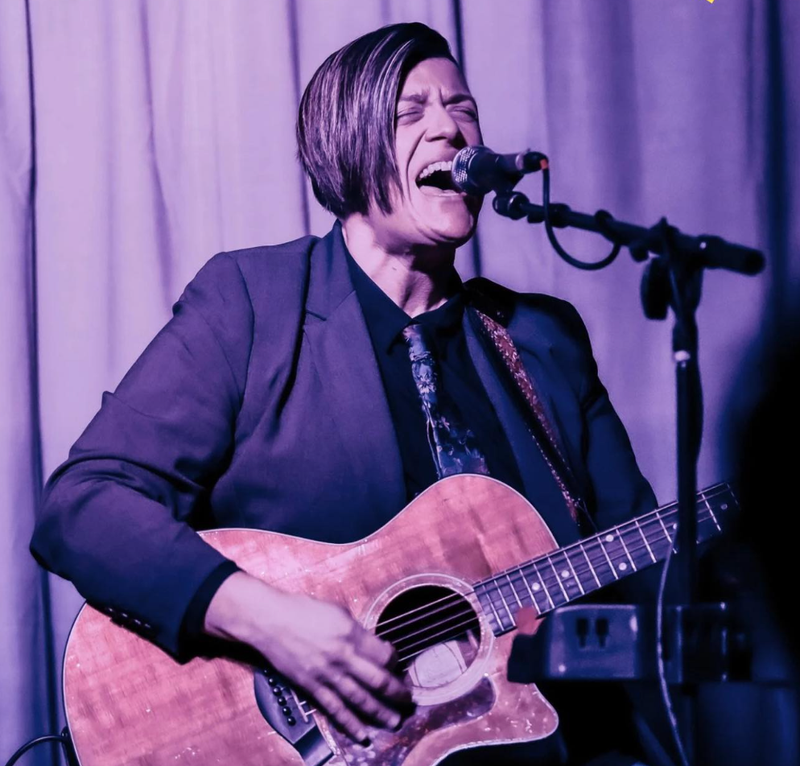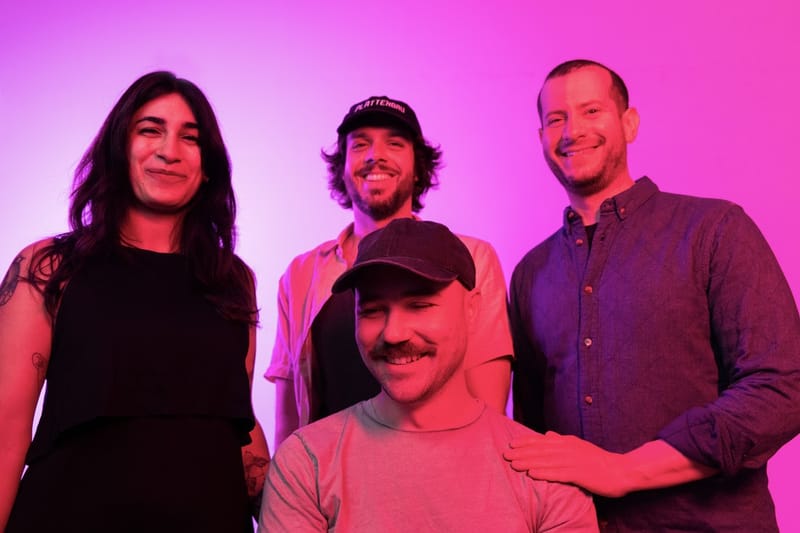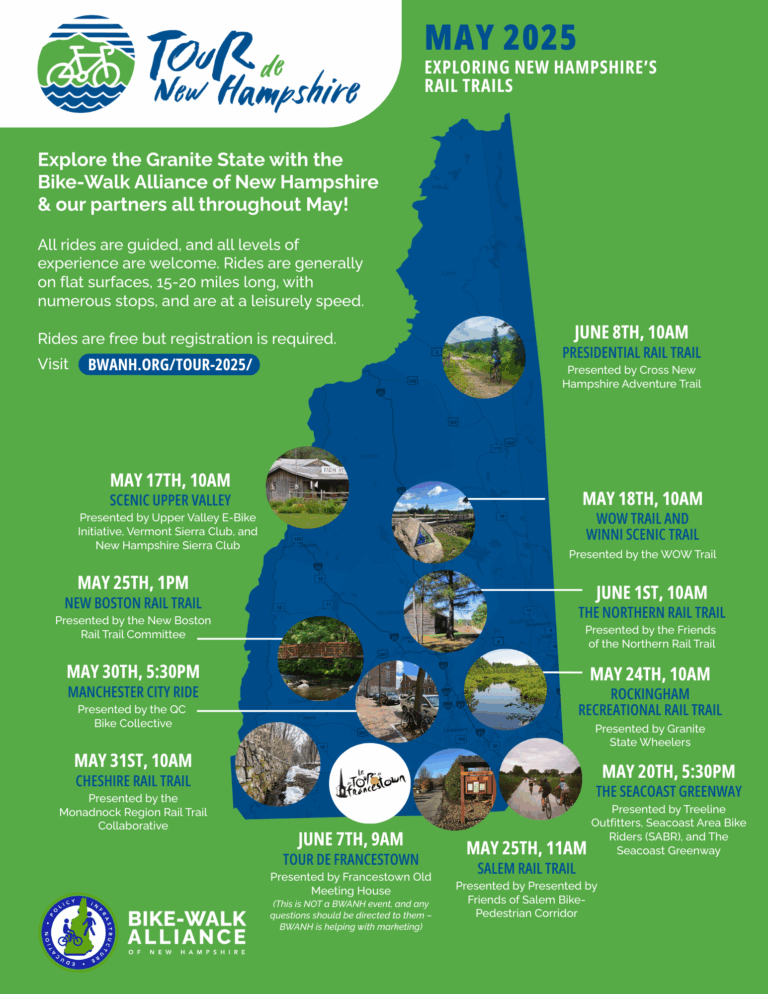Exploring the revolutionary history of women on International Women’s Day 2024
On Saturday, March 9, the Party for Socialism and Liberation of Southern New Hampshire (PSL) organized an event at the Green Beautiful Cafe to commemorate the holiday. They called the event Revolutionary Women’s History: Craft and Learn. The theme of the event was to make collages from newspapers an
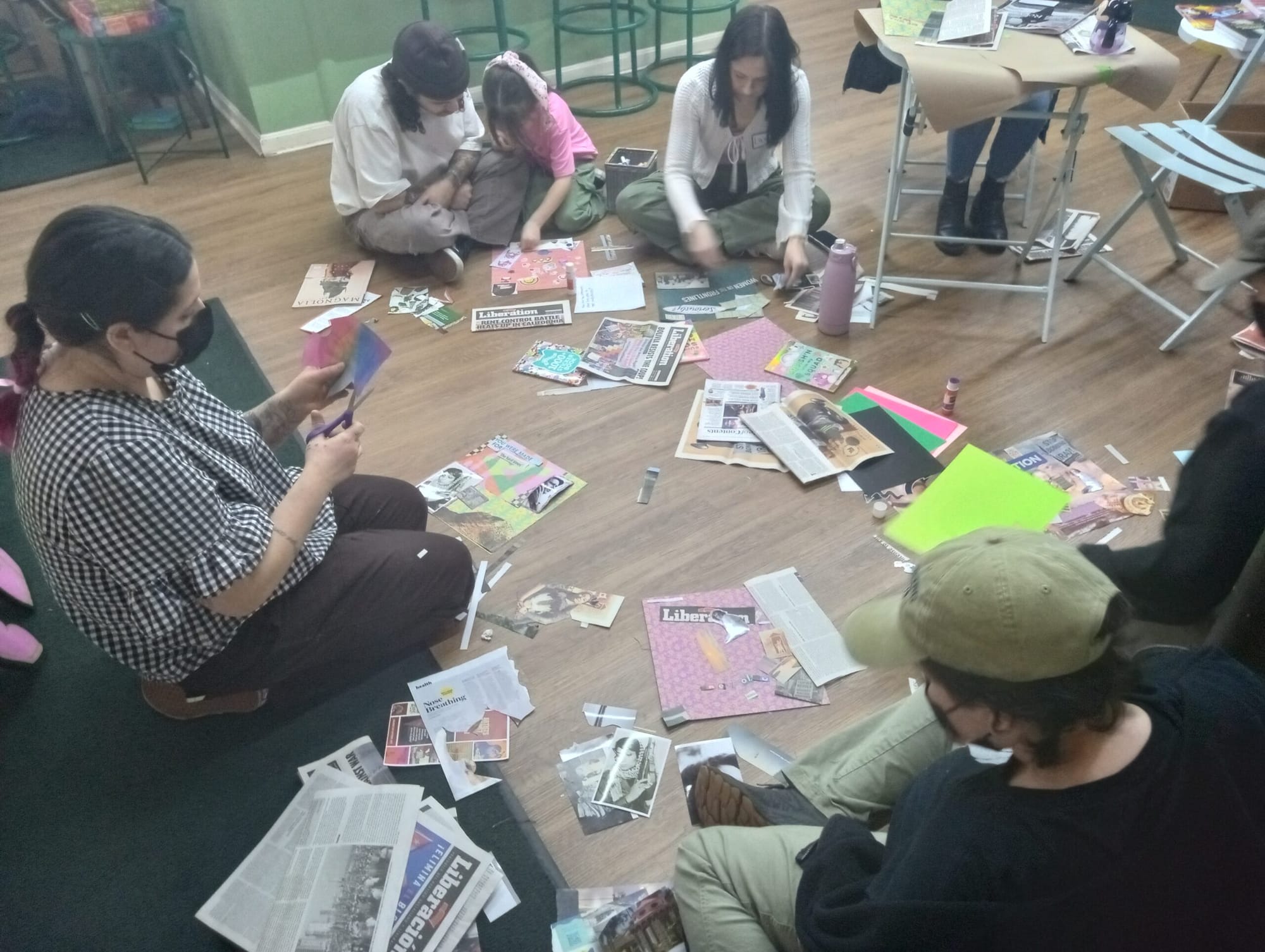

MANCHESTER, NH – In 1909 in New York City, socialist labor organizer and suffragist Theresa Malkiel put the first Woman’s Day together, falling on the last Sunday in February. The suffragist movement kicked-off in the 1840s, most notably with the Seneca Falls Convention in 1848. By the time the first Woman’s Day was established, suffragists had been waiting for 60 or more years to gain the right to vote in their country’s democracy.
Woman’s Day caught on internationally until the new Soviet Union declared it a holiday on March 8 of every year, starting in 1917. The holiday became known as International Women’s Day. It soon became celebrated in a variety of countries everywhere in the world.
On Saturday, March 9, the Party for Socialism and Liberation of Southern New Hampshire (PSL) organized an event at the Green Beautiful Cafe to commemorate the holiday. They called the event Revolutionary Women’s History: Craft and Learn. The theme of the event was to make collages from newspapers and magazines to express oneself.
“We chose collages because it’s a really great anti-capitalist art because it takes a lot of found objects,” Katie Carbonara, an event organizer for PSL said. “It takes things like ads and other things that we can then transform into art. Basically, it’s a really fun art form because there are no points. It’s just who you are.”
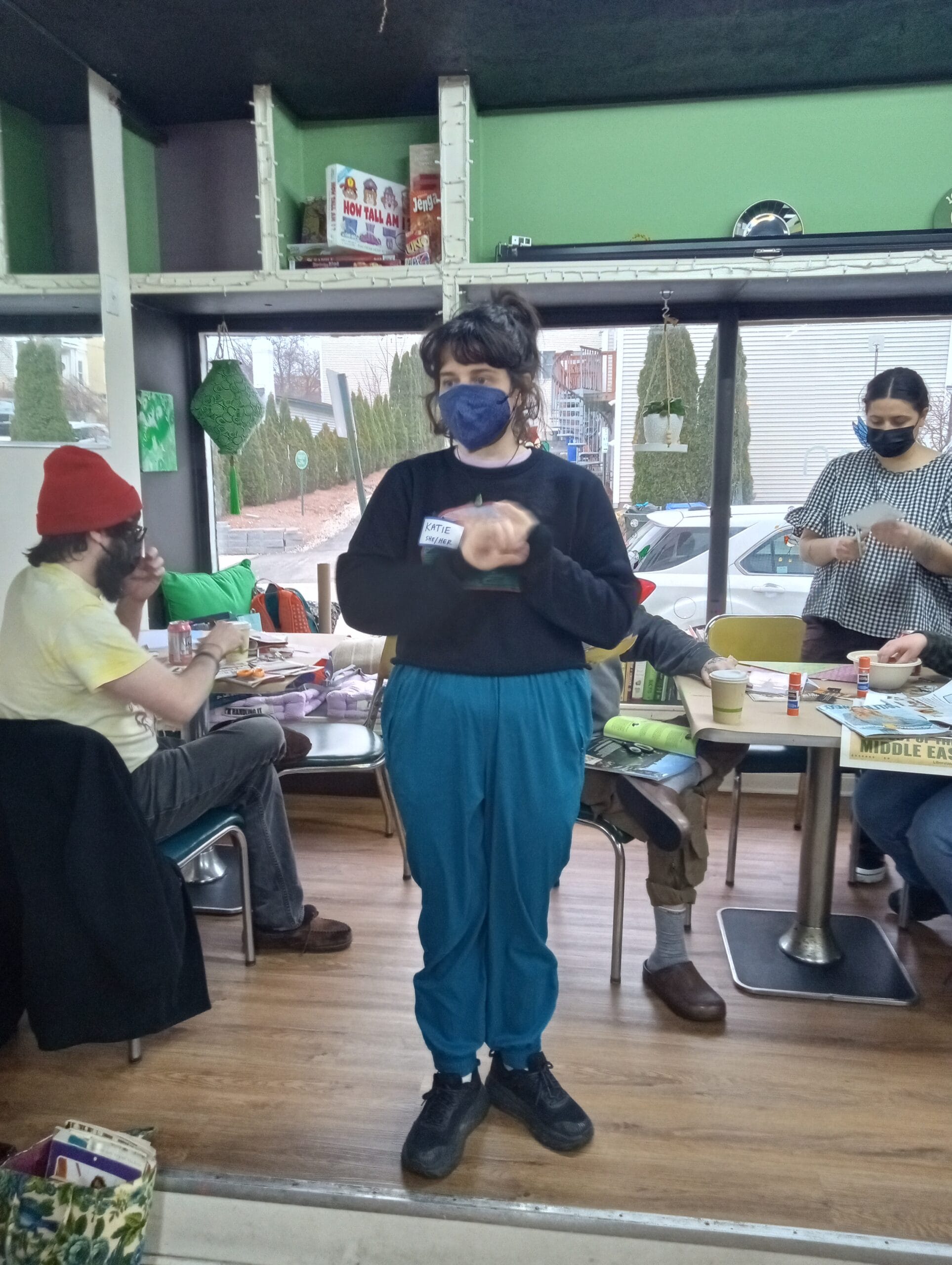
While the artwork started out at the cafe’s tables, it eventually made its way to the floor where people, clippings, and glue sticks sprawled out in a circle. Some featured colorful images, while others were messages in a variety of words. The word “liberation” frequently appeared on collages because old copies of a socialist newspaper called Liberation were given to people to cut up.
In addition, a gallery walk of revolutionary women in history was presented. A photograph of each woman was placed next to a sheet of paper explaining what they had done with their lives. Among these were New Hampshire’s own Communist Party member Elizabeth Gurley-Flynn, black rights activist Mae Mallory, Indonesian freedom fighter Salawati Daud, Soviet activist and ambassador Alexandra Kollontai, South African anti-apartheid activist Winnie Mandela, Russian educator and revolutionary Nadezdha Krupskaya, and Sylvia Rivera, a transgender and gay rights activist who was active during the time of the Stonewall riots.
“We are doing a gallery walk of revolutionary women in history,” Olivia Lennox, an event organizer said. “There is a portrait of them and a little bio or article about them. Then we’re getting inspired by them to then collage about women in history, revolutionary women, ourselves and where we are.”
Although International Women’s Day has been around for a while, some women, such as Sayre Moska, are still exploring and learning about what it means to them.
“That’s hard,” Moskwa said. “That’s something I’ve been grappling with as I learn more about the history of women. That’s a hard question to answer for me because I’m still exploring a lot of knowledge. I think, to me, it means my friends, my family, and women, celebrating them and celebrating all the women made a difference in history.”


